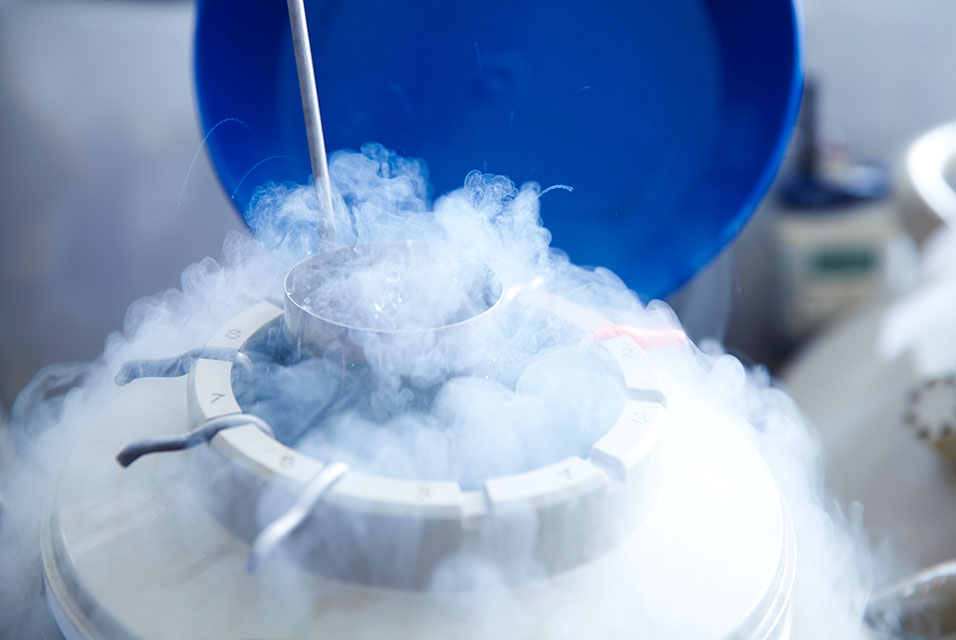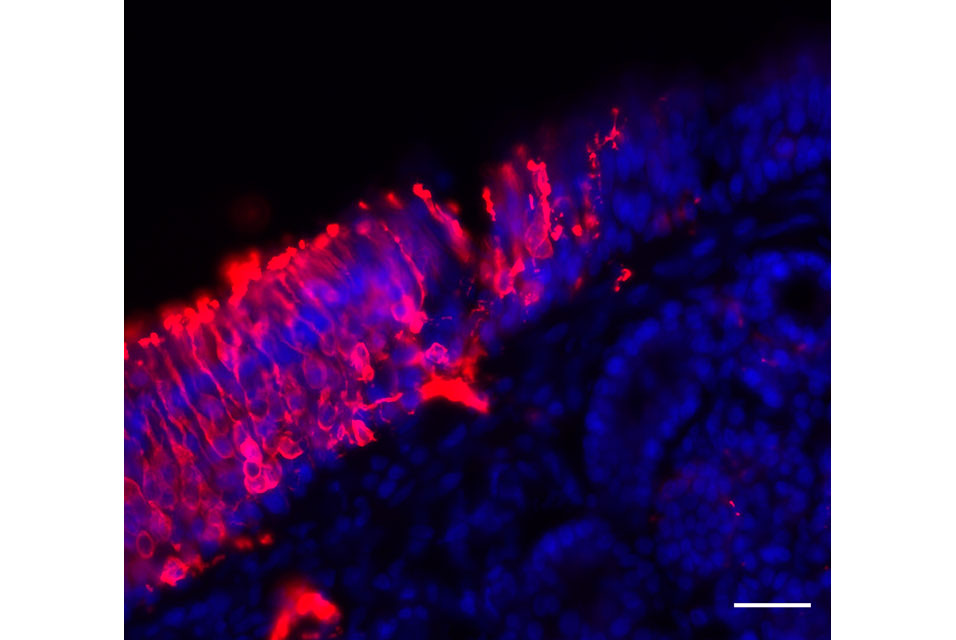MELBOURNE.- As more women postpone childbearing for social reasons and freeze their eggs, new research reveals that most don’t end up using them, leading to wastage.
Current estimates suggest that less than one in five women who freeze their eggs will return to use them later. With more women needing donor eggs to conceive – often sourced from overseas countries – researchers are encouraging those who no longer need their frozen eggs to consider donating them.
There are currently 4048 women who have eggs in storage in Victoria, an increase of almost 30 per cent since 2019. Of those, only 159 women who came back to use their eggs in the last year – just 3.9 per cent.
University of Melbourne researcher and IVF clinician Dr Alex Polyakov said the low rates of frozen egg usage raised ethical concerns and limited the cost effectiveness of this process for women.
“Freezing eggs is an expensive process, so women who have frozen eggs but no longer require them, as they have completed their family or do not wish to use them in the future, could donate their eggs and be reimbursed for the egg freezing costs they had incurred,” Dr Polyakov said.
“This would increase the supply of donor eggs, with less women having to travel overseas, and at the same time for women freezing their eggs, reduce the number of eggs discarded and improve the cost effectiveness of the process.”
Published in BMJ Ethics, researchers undertook a narrative review to explore whether the two treatments of egg freezing and women needing donor eggs could be combined to benefit both parties.
In Australia, it is illegal to buy or sell any human tissue including eggs and embryos. Women who donate their eggs can have expenses reimbursed, but anonymous donors – those not known to the recipient – are very rare.
Researchers say the shortage of donor eggs locally results in many women travelling overseas to countries with less stringent rules and regulations where eggs can be purchased for money.
“This is termed ‘reproductive tourism’ and has significant ethical, financial, and legal issues,” University of Melbourne researcher and IVF clinician Dr Genia Rozen said.
“Neither the donors, or recipients are protected from exploitation and fraud. Moreover, in the past year, due to the COVID-19 pandemic, this avenue of obtaining donor eggs has been severely restricted.”
Researchers say donating eggs would benefit both parties and is ethically acceptable, legally permissible and consistent with the current practice of egg donation in Australia.
“Few would disagree that wider availability of donor eggs in Australia is a desirable goal that would greatly benefit many women and couples,” Dr Polyakov said.
“This dual method would allow wider access to social egg freezing, particularly for young women who may not currently consider it due to cost, and most importantly, increase the availability of donor eggs to those in need and desperately wanting to start a family.
“It is also consistent with current egg donation process since no financial inducement is offered, only expenses occurred are reimbursed – helping the donor recover their costs.”










